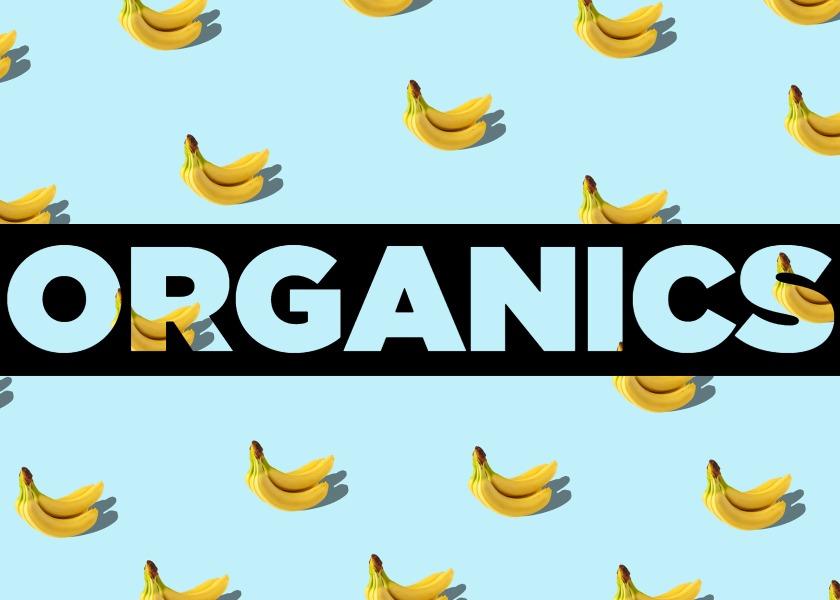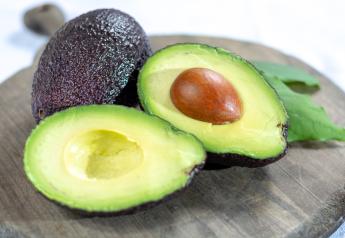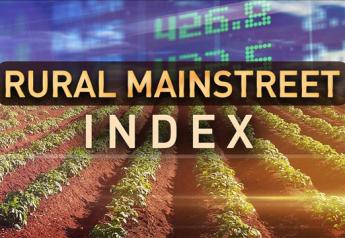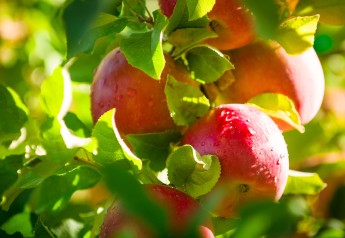Organic fresh produce impacted by inflation in Q2, finds new report

While higher retail prices of organic fresh produce during the second quarter of 2022 led to a 3.7% increase in total organic dollars, it also contributed to a decline in organic volume of 2.8%, according to Q2 2022 Organic Produce Performance Report issued by the Organic Produce Network (OPN) and Category Partners.
Overall, organic fresh produce pricing increased by 6.7% for the second quarter of 2022 compared to same period last year, with sales for the quarter topping $2.4 billion, finds the report. At the same time, the average price of conventional produce increased by more than 9% compared to the same period last year, with total sales of $18.1 billion.
The Q2 2022 Organic Produce Performance Report uses Nielsen IQ syndicated data to track and report the performance of organic fresh produce — and specifically the top 20 leading organic categories.
The report suggests consumers are watching grocery spending carefully as inflation often takes its toll on higher priced items, which would include many organic fresh produce items, noted OPN in a release.
“Seeing a decline in organic volume for Q2 suggests food budgets are under stress in many U.S. households,” said Tom Barnes, CEO of Category Partners. “It’s common to see budget-centric consumers trade down, substituting for lower-priced conventional items or shifting from a high-priced organic item to a cheaper organic alternative from another category.”
Barnes believes organic substitution explains why organic bananas had a particularly strong second quarter this year. “Bananas are one of the lowest-priced organic fruits and have the smallest price spread between conventional and organic. For the quarter, while nearly every other organic fruit declined in volume, bananas increased in both dollars (4.3%) and volume (4.0%). So, for budget-focused consumers still wanting to buy organic, bananas provided a cost-effective option.
“Suppliers need to be aware of shifting consumer purchase drivers and develop strategies to keep shoppers buying,” he continued.
Geographically, all four regions of the U.S. showed increases in sales and decreases in volume for the quarter, according to the report, which further found that organic performance during the second quarter of 2022 was weakest in the Northeast, where dollars increased by a mere 0.4%, and volume fell by 6.1%. The South continues to show the most improvement year over year, and with a fairly low all commodity volume compared to the Northeast and West, data suggests the South is poised for continued growth, notes OPN.
Despite the minor decline in volume, OPN Co-founder and CEO Matt Seeley is bullish on the long-term prospects for growth of organic fresh produce.
“While there are likely some difficult months ahead, the long-term potential for continued organic fresh produce growth remains unchanged,” Seeley said. “Inflation and supply chain challenges have impacted pricing in the short term; however, organic fresh produce will remain an important component of weekly food shopping as consumers look for healthy, safe, and nutritious products for their families.”
In addition to bananas having an exceptional quarter, the berry category (strawberries, blueberries, raspberries and blackberries) led the way in dollar sales, topping $430 million. Organic blackberries generated the largest percent increase in dollars, gaining 27.6% year over year, followed by tomatoes, onions and raspberries.
Conversely, blueberries posted the largest decline in dollars, with bell peppers and squash also showing noticeable declines. Berries and salads continue to be the top organic produce categories by total sales, responsible for nearly 40% of all organic produce dollars.
The Q2 2022 Organic Produce Performance Report covers total food sales in the U.S., including all outlets (supermarkets, mass merchandisers, club stores, dollar stores, convenience stores and military commissaries), over the months of April, May and June of this year.







